The Palace of Illusions
When drawing a picture about memory of the past, we tend to have only two alternatives. Either we amplify good memories and minimize the bad ones, or the other way round. When the nostalgia is about history, this can be dangerous, as the history may turn to an illusion, no matter how real the events are.
The incidence of nostalgia may bring you to homesickness. American physicians in nineteenth century even pointed out that acute nostalgia led to “mental dejection”, “cerebral derangement” and sometimes even death. In Indonesia, the so-called history is never so long ago. Some people say, Indonesians have such short memories as they suffer from “history amnesia”. With most of its population are less than 30 years old, majority people did not really experience the whole history of the Republic, from the Independence struggle era (1940s), Sukarno’s Old Order (1950s), the chaos before the arrival of Suharto’s New Order (1960s), and the never ending period of our-president-is-him-again-and-him-again (1970s-1990s). When grumbling about the hardship in current democratic period, people tend to turn their head to the past: how strong and respected our country during Sukarno! How things were cheap and life were happy under Suharto! How we need strong leaders like both of them so the neighboring little Malaysia is afraid of us and not the other way round! In recent years before the election 2014, we see more street vendors selling T-shirt with photos of waving smiling General with subtitle, “How are you? Weren’t things better in my time?”
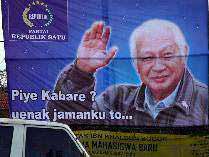
(photo: Viva News)
The situation gets worse as young people now don’t even read much (no mention reading history books!), and getting more ignorant of their own country’s history (don’t ask them about world history) as they were totally occupied with their 21st century gadgets and busy about the gossips of which-local-celebrity-is-getting-married-and-divorced, which-Korean-pop-star-is-having-plastic-surgery, or how-cool-it-is-to-write-with-upper-case-lower-case-letters-and-numbers-mixed-up. They even got annoyed when Nelson Mandela death news became the trending topic in Twitter as they don’t know who Mandela was.
That’s the power of nostalgia, people pick bits of history they want to remember, choose totally rosy pictures or totally noir pictures as they wish. There is certainly nothing wrong with celebrating the good things in our past. But memories do not always tell the truth, the whole truth with bigger picture. Having a “short memory”, people here tend to forget what actually happened not-so-long-ago, let’s say 1998, when we queued in front of ATMs with a worry that our money would disappear, or when shops owned by Chinese-ethnic and churches were burned, or the fear of speaking out about the rumors that General was the world’s richest man. We remembered that a lunch used to cost Rp 750 under Suharto while now Rp 25,000 under democratic regime, but we forgot that poverty by that time was even worse and the domestic Garuda airplanes passengers were dominated by Chinese-ethnic. We forgot of how our cities and roads look like, and believed that by that time Indonesia was much richer and being respected by Malaysia (who even needed teachers and professors to educate them). I read a passage written by V.S Naipaul in his Among the Believers, as he visited Indonesia and Malaysia in 1980 (the era we believed as the peak of Indonesian economic growth under Suharto). This is how he described his arrival in Jakarta after Kuala Lumpur:
“It had rained. The roads were edged with red mud. Long corrugated-iron fences (concealing what?); fruit vendors sitting with their baskets in the wet; buses with smoking exhausts; crowds; a feeling of a great choked city—red tile roofs, many trees—at the foot of the scattered skyscrapers; the highways marked by rising smog. After the spaciousness of Kuala Lumpur it was like being in Asia again. Newsboys and beggar-boys with deformities worked the road intersections. Men carried loads in baskets hung on either end of a limber pole balanced on their shoulders, and moved with a quick, mincing gait…”
Since the end of last century, more and more so in this century, people in modernizing China also have been getting eager to know and to appreciate the past they have lost or start to lose. History books get their way to best-seller shelves, the favorite old documentary movies show how totally different worlds China was and China is, and you see buildings with a touch of ancient style architectures are erected in the midst of modern metropolitan, to accentuate the history touch in digital era, whilst in 1960s the Chinese government demolished historical buildings in Beijing and replaced it with underground metro and Soviet style gigantic blocks. The traditional Beijing alleys and hutong house compounds that we used to regard as dirty, backward and have-to-be-demolished-then-modernized back in year 2000 are now so scarce that the few left has become super expensive property. You can even buy a dozen of apartments at the price of a hutong compound in Beijing. Old hutongs were renovated, installed with heating system, air conditioning, toilet (old hutong dwellers had to go to public toilets, thousands of people share the very same stinky toilet), and if you can easily spend a thousand yuan to have authentic Beijing lunch in a hutong (back then, people dressed up and queued in hours to have a slight taste of America in KFC outlet first opened near Tiananmen Suare in 1987). Now staying in hutong is so “nostalgic” and “genuine”.
If in Indonesia most TV series are about families (never-ending, with internal conflicts, full of gossips and mystics plus religious moral lessons), those in China is about history: from the Xia, Han, Tang, Ming, Song, until Qing Dynasties, plus the “not-so-old-history” of Communist Party struggle and Sino-Japanese wars. Most of us outside China tend to relate Mainland Chinese movies with Kung Fu and Emperors rather than metropolitan hustle and bustle. If in Indonesia we worry that people don’t care about history, the Chinese government concerns about people having history with wrong perception in mind, as the historical dramas have been so popular. In 2012 the Chinese government issued guidelines including: historical dramas should not be dramatized, dramas should have a clear distinction between good and evil, and shows that are set in a modern setting should show conservative morals. The first two guidelines are already conflicting. “Respect to History” is the four Chinese words used as sacred slogan in the making of historical dramas, means that moviemakers should make historical dramas as real as possible (but at the same time also showing clear distinction between good and evil!).
The question is: will people watch historical dramas with no dramas? The greatest worry if all historical dramas show history as it actually was, the number of viewers will drop significantly. They have all the reasons to worry.
It’s easier to shape our perception of the past with the help of visual effects from movies or TV serials, rather than by reading thousands of words on paper. Take Princess Huanzhu for example, one of the most favorite Chinese TV serials in China and many Asian countries including Indonesia, once had given me so many dreams about happy and colorful life inside the imperial palace, about beautiful empress and concubines to make the Emperor happy.
You think Manchu royal family as perfect as this?
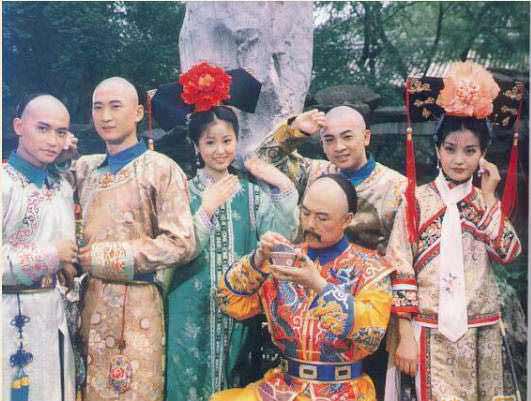
Check the real picture:
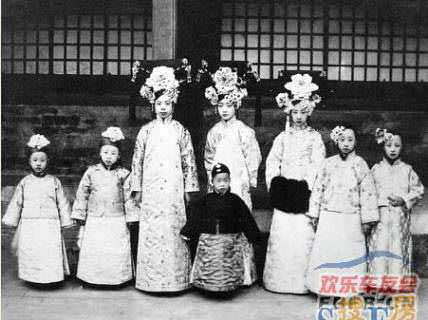
You think gege (Manchu princess) were as beautiful as Xiao Yanzi? In the reality, they were like this:
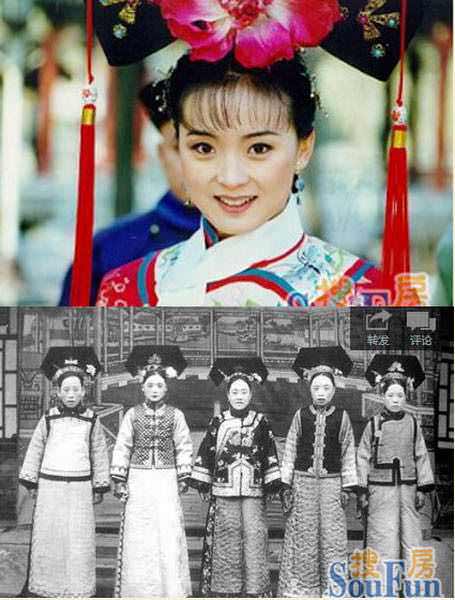
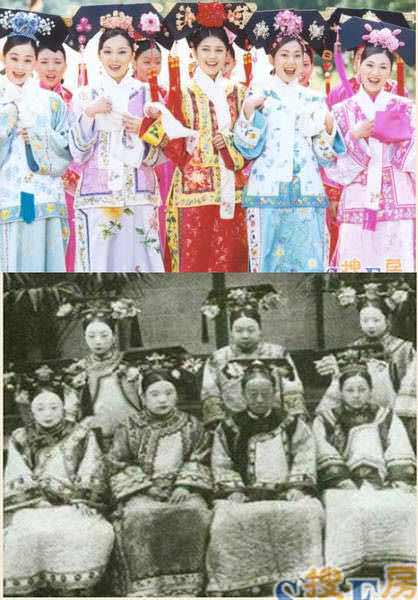
And here is the empress.
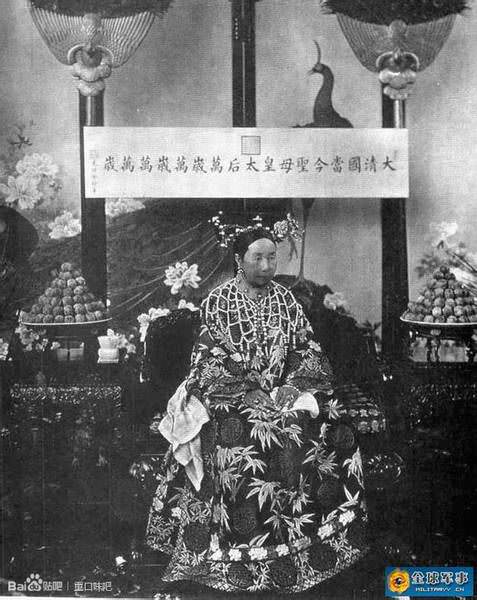
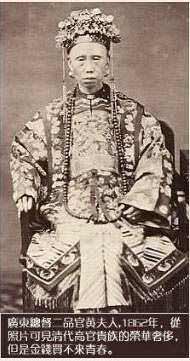
Heroic man with his wives:
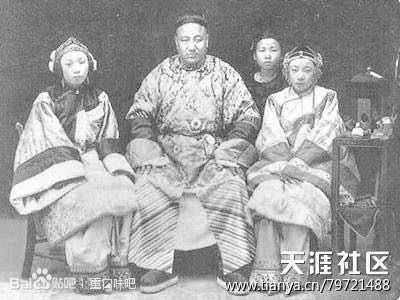
The Princes Huanzhu series made me imagining the Fragrant Concubine from Xinjiang, whose body smell even invited butterflies wherever she went…, but wait, see the real image:
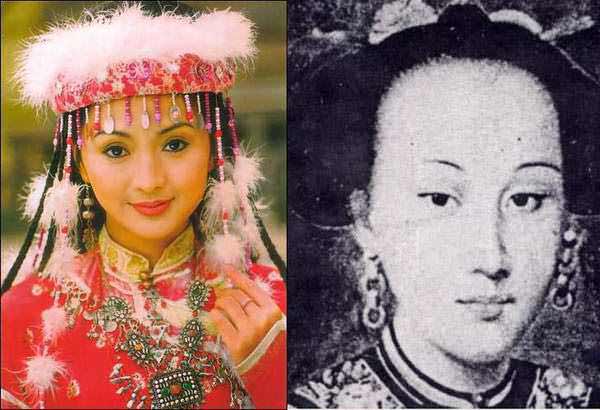
We imagined the incomparable beauty of the Consort Jin of Qing Emperor Guangxu from the TV serials, but see the reality that she was more than overweight.
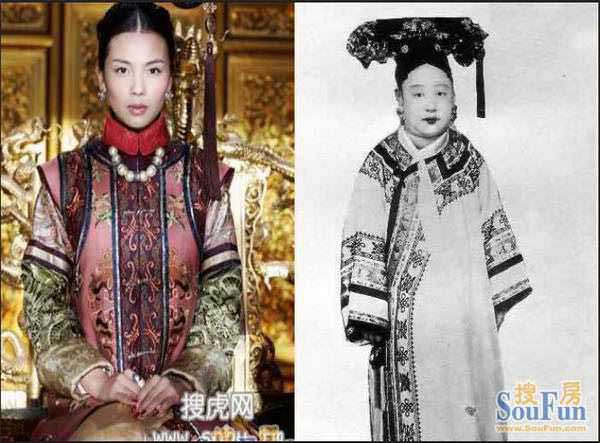
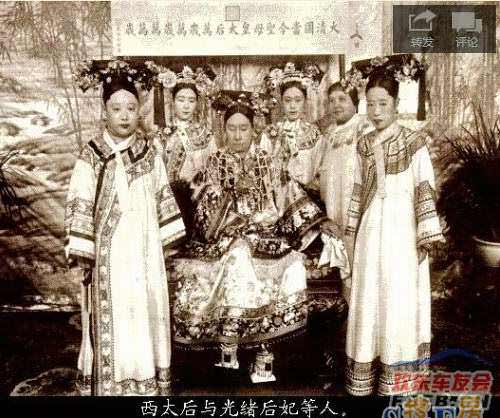
The legendary handsome scholar and the reality:
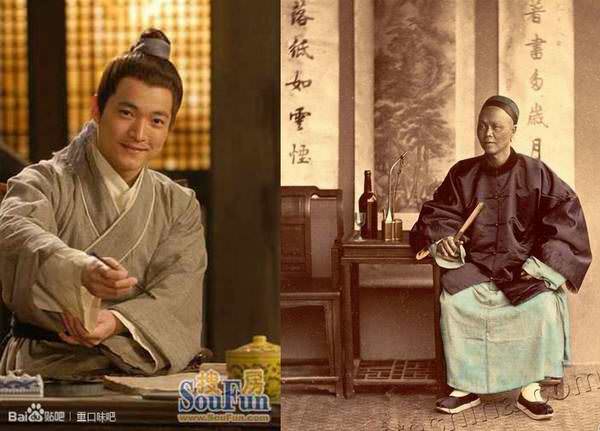
The top ten best prostitutes of that era:
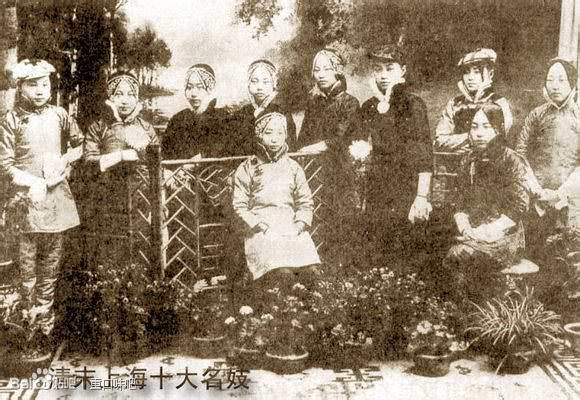
How our TV had betrayed us for uncounted years…
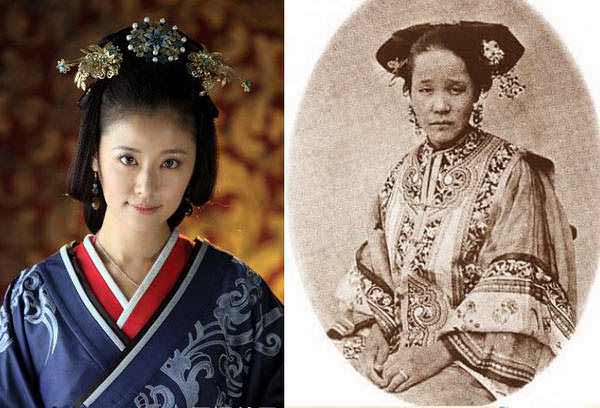
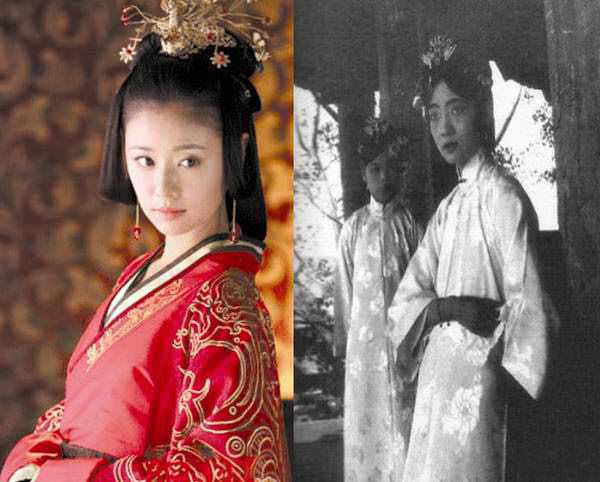
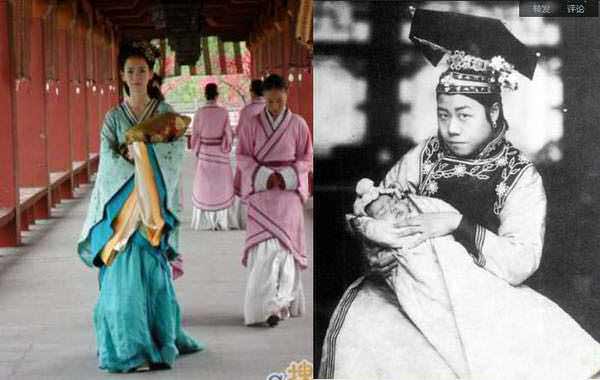
It is said that thousands of women staying in the Imperial Palace were the selected best ones. Here is more photos from ancient Chinese royal family:
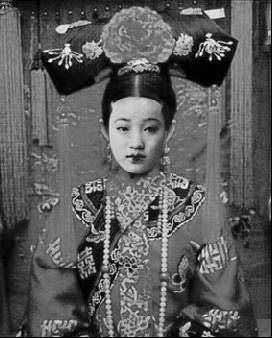
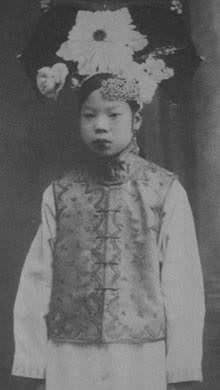
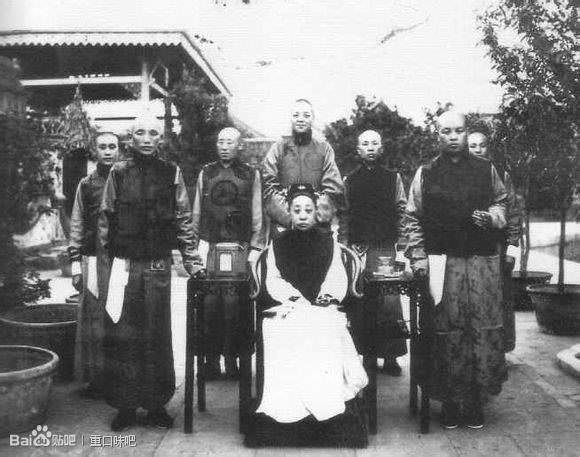
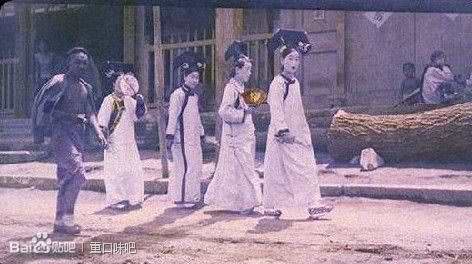
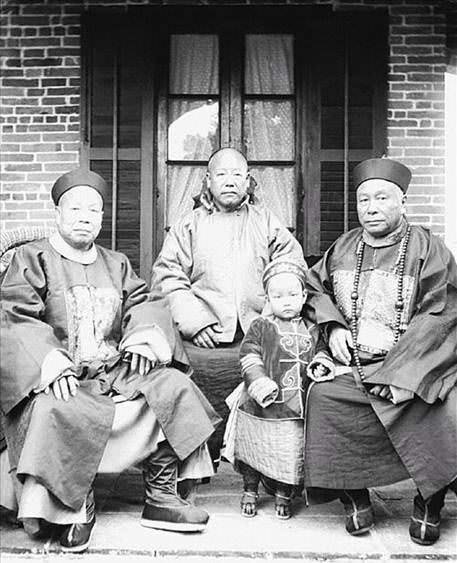
And for sure, no TV serials makers are dare to show what really regarded as beautiful at that time: the mini feet. (My great grandmother had this kind of feet)
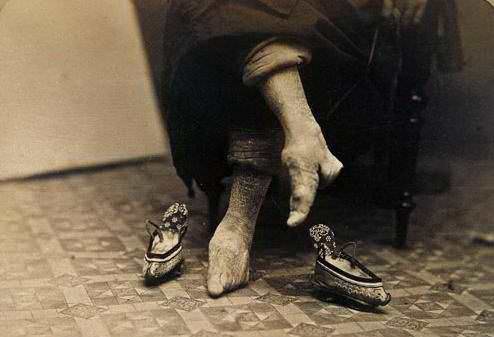
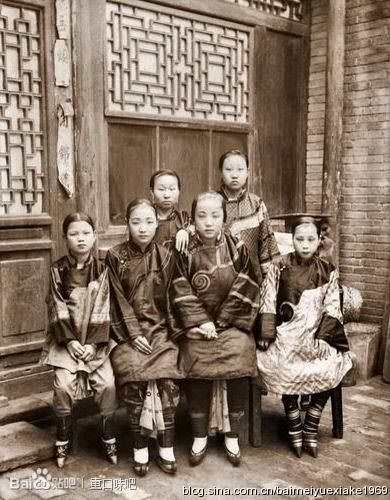
Are you sure you want to go back to the past?
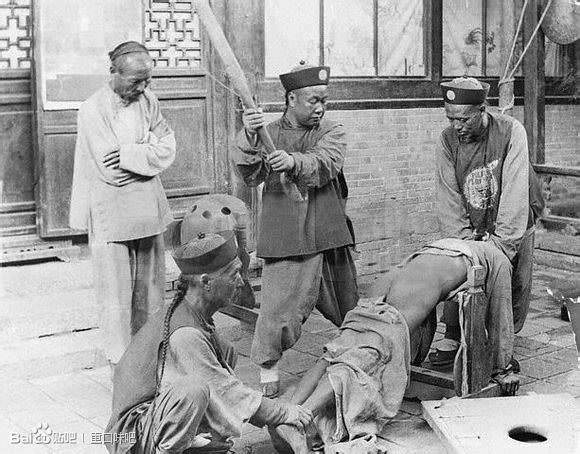
The past is actually ugly, so we prefer to believe in our fantasy and stick with the glittering polished Palace of Illusions.






Terima kasih tulisannya bang Ming. Agak bergidik juga mengetahui fakta sebenarnya dari serial yang dulu dengan suka cita aku tonton >.<
Well, people should not have to believe all the materials that presented from television, you know? They are all pretty and handsome to attract people so they want to spend their time in front of TV and watching their series for a month, make they get many incomes of the serial and hold tour around the city.
At least, they make it as similar as possible with the reality (you can judge it for their costume and hair make up, already similar enough)
:3
standar kecantikan saat itu dan sekarang beda paling :3
kecantikan itu berbeda dari persepsi setiap org..
Abis baca, iseng2 search wikipedia, trus mabok baca sejarah para consort blog: http://t.co/8YO5lpqHLD http://t.co/cRLeylj1uk“